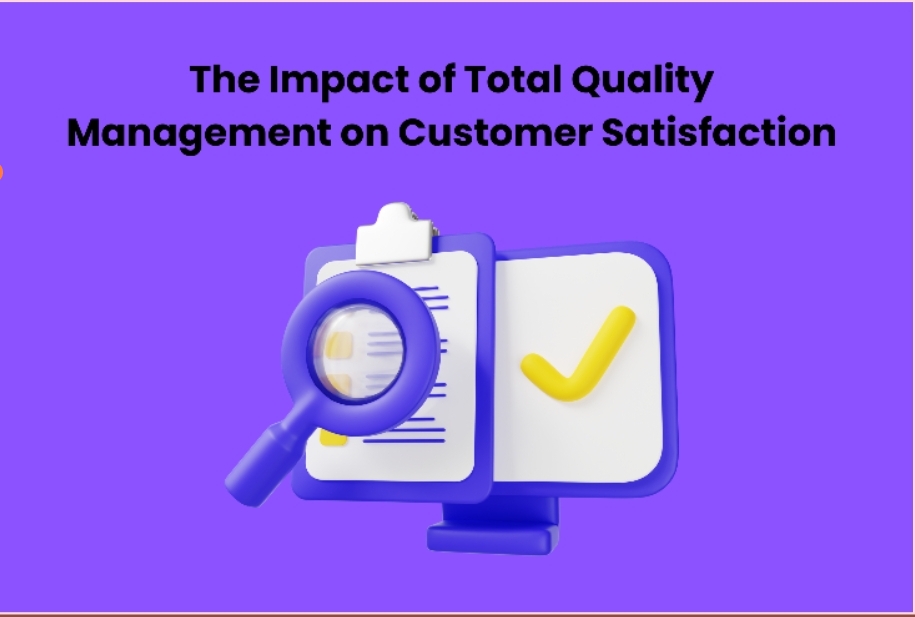Data is the lifeblood of any organization, and how it is handled and shared can significantly impact business operations. As businesses increasingly rely on data-driven decision-making, avoiding common mistakes in data handling and sharing becomes paramount. Let’s delve into some key pitfalls to steer clear of.
Neglecting Data Security
One of the most critical mistakes is neglecting data security. Failing to implement robust security measures can expose sensitive information to unauthorized access. Utilizing encryption, access controls, and regular security audits is imperative to safeguard data integrity and maintain the trust of stakeholders.
Inadequate Backup Procedures
Overlooking the importance of regular data backups is a grave error. Without proper backup procedures in place, organizations risk losing valuable information in the event of system failures, cyberattacks, or accidental deletions. Establishing automated backup routines ensures data recovery and business continuity.
Ignoring Data Quality
Business decisions heavily rely on the accuracy of data. Ignoring data quality can lead to flawed analyses and misguided strategies. Regularly validating and cleansing data is essential for maintaining high-quality information, ensuring reliable insights, and promoting effective business intelligence solutions.
Lack of Data Governance
Data governance involves defining roles, responsibilities, and policies for managing data. Failing to establish a robust data governance framework can result in inconsistencies, confusion, and misuse of data. Clear guidelines for data stewardship and compliance help maintain order and accountability.
Overlooking Compliance Requirements
In the age of data privacy regulations like GDPR and HIPAA, overlooking compliance requirements is a costly mistake. Non-compliance can lead to legal repercussions and damage the reputation of an organization. Regularly staying informed about and adhering to relevant data protection laws is essential.
Insufficient User Training
Employees are at the forefront of data handling and sharing. Inadequate training can result in unintentional errors, such as data breaches or misinterpretation of information. Investing in comprehensive training programs ensures that staff members are well-equipped to handle data responsibly.
Lack of Communication
Effective communication is crucial when handling and sharing data across departments. A lack of communication can lead to silos, where departments work in isolation, hindering the flow of critical information. Implementing collaboration tools and fostering open communication channels enhances data sharing within an organization.
Using Outdated Technology
Technology evolves rapidly, and relying on outdated systems for data handling can hinder efficiency and security. Upgrading to modern platforms and utilizing the latest business intelligence solutions ensures organizations stay competitive and capable of extracting valuable insights from their data.
Overlooking Data Access Controls
Not everyone within an organization requires access to all types of data. Neglecting proper access controls can lead to unauthorized individuals gaining access to sensitive information. Implementing role-based access controls ensures that only authorized personnel can access specific datasets.
Ignoring Redundancy Issues
Data redundancy, where the same information is stored in multiple locations, can lead to confusion and errors. Implementing efficient data storage solutions and regularly auditing data repositories helps identify and eliminate redundancy issues, streamlining data management processes.
Underestimating Data Lifecycle Management
A mistake often overlooked is underestimating the importance of data lifecycle management. Data has a lifecycle from creation to disposal, and each stage requires careful consideration. Failing to manage this lifecycle effectively can result in accumulating irrelevant data, complicating storage, and increasing security risks.
Implementing policies for data retention, archiving, and disposal helps organizations maintain a streamlined and efficient data lifecycle.
Disregarding Data Collaboration Opportunities
In the era of interconnected businesses, disregarding opportunities for data collaboration is a missed chance for growth. Organizations often hoard data within their own confines, neglecting the potential benefits of collaboration with external partners or industry peers.
Embracing secure data-sharing platforms and exploring collaborative initiatives can lead to a broader perspective, more comprehensive insights, and mutually beneficial outcomes for all parties involved. Steering clear of these additional pitfalls ensures a more comprehensive and robust approach to data handling and sharing.
As organizations continually evolve, so must their strategies for managing and leveraging data. By addressing these nuances in data management, businesses can stay agile, competitive, and resilient in an ever-changing digital landscape.As businesses continue to navigate the complexities of data-driven decision-making, partnering with experts like Al Rafay Consulting can provide invaluable guidance.
Al Rafay Consulting specializes in optimizing data strategies, implementing business intelligence solutions, and ensuring organizations leverage their data assets effectively. By addressing these common pitfalls, businesses can pave the way for more informed decision-making, enhanced efficiency, and sustainable growth in the data-driven era.




